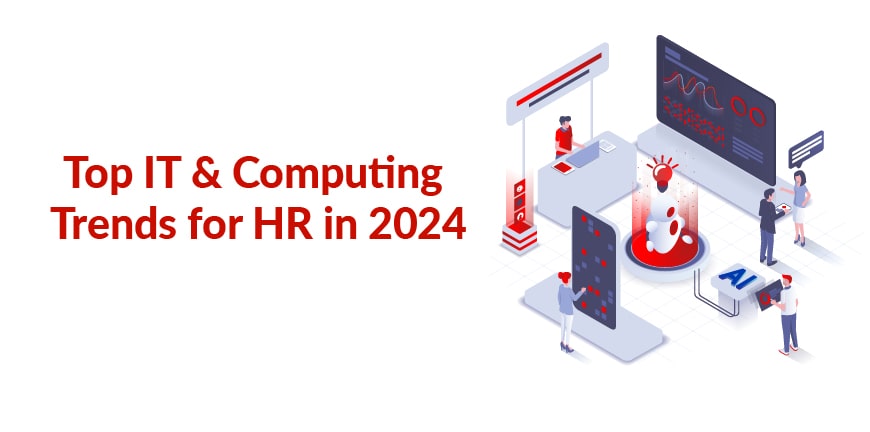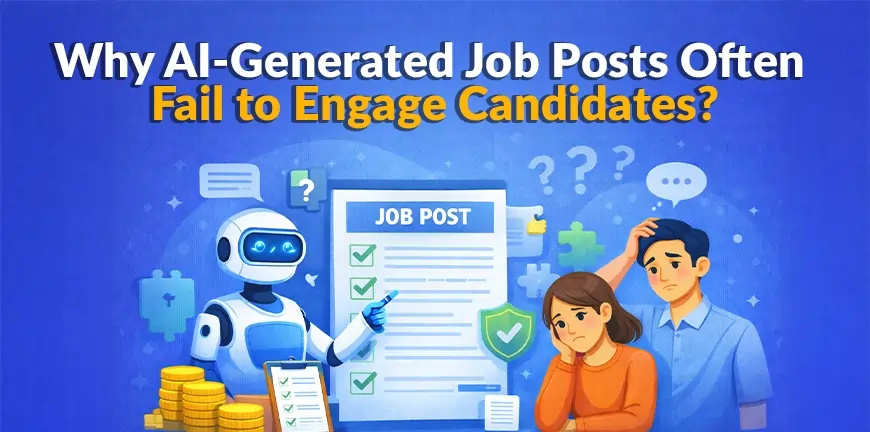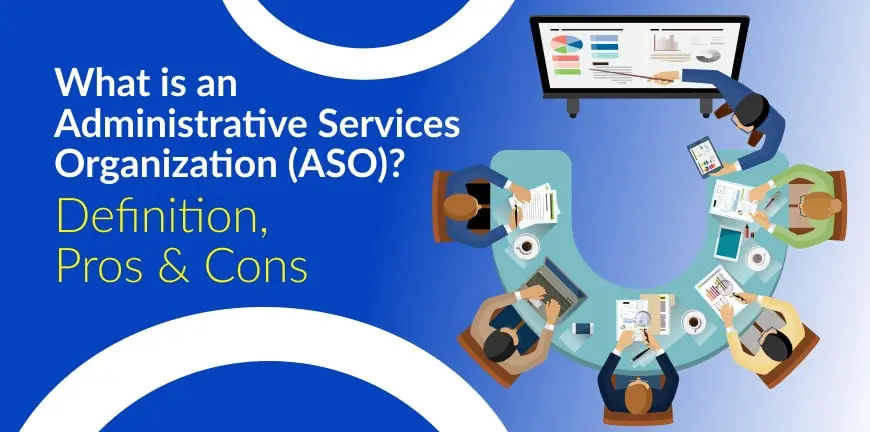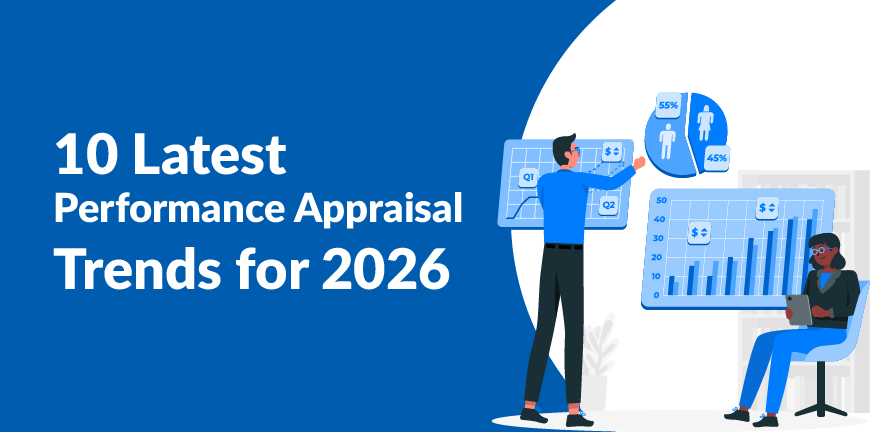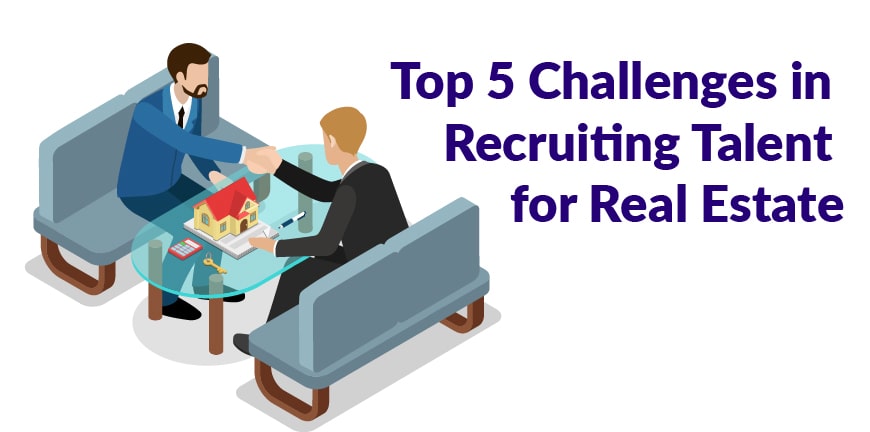
5 Challenges in Recruiting Talent for Real Estate and How to Overcome Them
05/01/2024
Payroll System- Uses and Benefits for an Organization
09/01/2024IT and computing had a great year in 2023. We saw advancements in quantum computing, a switch back to a hybrid mode of work, and a rise in importance and reliability of GenAI. We also saw a rise in cybercrimes, with the number reaching 6 billion.
More people are putting their trust and their infrastructure in the cloud, and the cloud itself is becoming a lot more secure and reliable, increasing agility and time-to-value. By 2027, 50% of all businesses will move to industry cloud platforms to accelerate business initiatives. But what is in store for us in 2024? Let us look at the trends that will shape 2024.
Generative AI will be more important than ever
GenAI is improving at an unprecedented space, with Google’s Gemini AI vastly improving on the capabilities and accuracy levels of ChatGPT, the first form of GenAI to find a winning vote from a majority out there.
Though GenAI so far has helped individuals create stunning designs, copywriters write innovative copy, studios create unbelievably creative video advertisements for big companies, the business impact is fully to be realized in 2024. Companies will make decisions based on the capability of AI, be it changes in processes or hiring.
Integration of IT and Security Teams
In the wake of threats by hackers to IT systems and infrastructure worldwide, there is a need for a combined effort and cooperation between security and IT teams to better safeguard the company’s infrastructure and the identity of its users.
In fact, identity threat management will emerge as a key management priority in the coming years, as the number of identity thefts and misuse of personal information goes up worldwide. To maintain the integrity of saved records and to ensure that the identity of employees remains safe, security protocols must be discussed with IT teams to ensure that the minimum level of security is met by the current infrastructure all aspects of ITSEC are followed.
What does this mean for hiring? A newfound responsibility for hiring managers to focus on hiring candidates who have a necessary knowledge of both IT infrastructure as well as security for each team they hire for, in addition to the skills required for the job.
Focus on Zero Trust models
With companies awarding the badge of trust to remote work and recognizing its benefits, zero trust models for cybersecurity have become more important. Executives believe that this will lead to several paradigms in zero trust, two of them being role-based and time-based access.
By introducing role-based access, the friction while accessing information can be reduced for authorized individuals. With time-based access, it is possible to ensure that the person does not stay logged in for too long, which may give hackers sufficient time to access resources on the system.
Zero Trust models will change the world of HR as well, reinvigorating the entire workspace, or the idea of how work must be done itself, giving room for more and more employees to work remotely and still maintain or exceed their productivity.
Quantum Computing Will Change the Game
Quantum computing uses quantum mechanics to solve advanced problems in computing which would be very difficult to solve with classical computers. This is because, as opposed to classical computers, quantum computers have multiple states.
Quantum computing will become more relevant in 2024. What it will bring with it are some security challenges. This is because techniques in cryptography are based on classical computing, and they need to evolve to keep up with quantum computing. But we have a way of meeting these challenges head on. Post Quantum Cryptography (PQC), which applies cryptography to quantum computing, is the way ahead.
This will also create more vacancies in cybersecurity and people within cybersecurity also would be called to upskill and reskill themselves, leading to more jobs and better expertise in cybersecurity on the job market.
AI Will Need More Processing Power
AI, generative or otherwise, will need more and more energy and computing prowess to keep growing and probably even become sentient one day! We have the chips, but it will take quantum computing to bring in the processing power that AI needs.
And the focus may be on solar energy to be left with enough juice at the end of the day to feed a growingly thirsty AI after meeting the needs of a growing population. This will mean the development of paper-thin solar panels that are still a lot more efficient than the current ones. This will in turn benefit the electric vehicle industry too, with a limitless source of clean power.
How will this influence HR? This will lead to jobs for people with multidisciplinary skills, at least to work in lead roles. It will also open new roles in the energy and IT space to manage the tasks we just described, quantum computing, solar power generation and energy management.
Conclusion
Though we foresee these trends in 2024, the future of IT is headed in a direction we cannot quite describe as yet, almost like a plane on a foggy runway. We know where we are heading and perhaps even predict how much time it will take. But we cannot precisely say how everything else is going to happen on arrival. As the plane lands and emerges from the fog, it will be clearer what the future holds for IT and Computing.
Contact Us For Business Enquiry

Rajkumar Shanmugam
Rajkumar Shanmugam is the Head of HR at ALP Consulting, bringing over 19 years of comprehensive HR leadership experience across India and international markets. His expertise spans talent acquisition, employee relations, performance management, compliance, and HR transformation. Rajkumar has a proven track record of driving people-centric initiatives, enhancing workplace culture, and aligning HR strategy with business goals. With extensive experience in US staffing operations and global mobility, he continues to lead organizational excellence through innovation and employee engagement.

